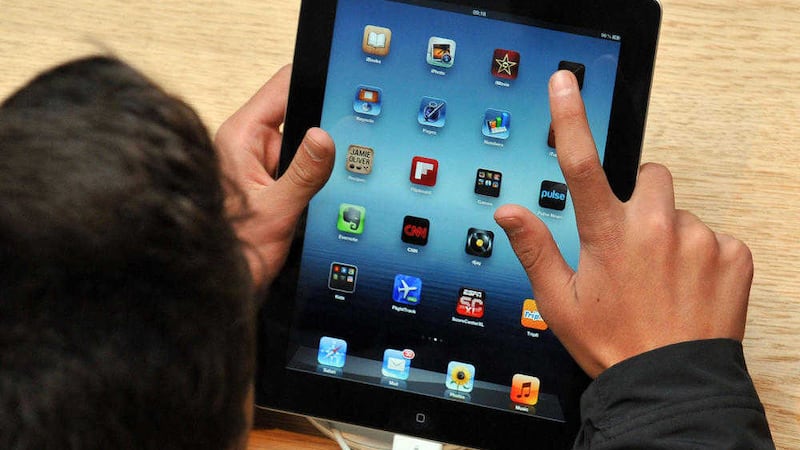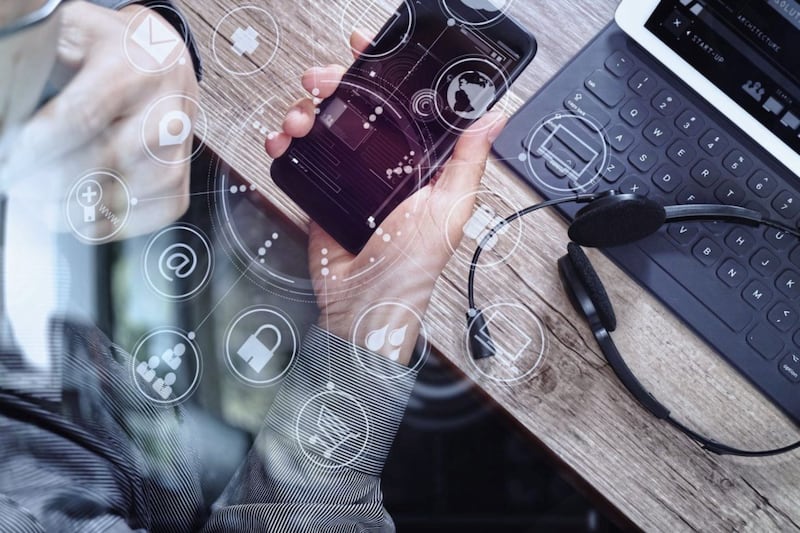ACCORDING to a new report by eMarketer, people spent more time on mobile devices than desktops and laptops for the first time ever last year. This equated to an average of two hours and 26 minutes a day on our smartphones and tablets, which is 10 per cent more than the time spent on desktop and laptop computers.
Mobile usage has surged five-fold since 2011 whilst desktop and laptop devices have remained relatively static, registering year-on-year growth of just three minutes in 2015.
So maybe it should not be a surprise to discover that Google’s influential search engine, which processes more than 100 billion search requests each month, received more searches from mobile devices than PCs for the first time in 2015.
These stats demonstrate the advancements mobile devices have made in recent years. The humble mobile phone has evolved from a simple device which enabled people to make calls or send texts on the go, they then became most peoples’ camera and now are computers in the palm of our hands.
Businesses have also noticed a steady change in online activity with mobile devices. For example, in 2013, searches made on mobile and tablet devices for cars on the Auto Trader website exceeded those made on desktop computers, with seven in every ten full-page advertisement being viewed with mobile devices a month.
Rich Communications Services is the platform that enables the delivery of communication experiences beyond voice and SMS, providing consumers with instant messaging or chat, live video and file sharing – across devices, on any network. An example of this is the recent development from WhatsApp, enabling users to make voice calls over 3G, 4G and wi-fi signals.
EE and Vodafone customers can also avail of a similar service with wi-fi calling and voice over 4G (VoLTE). Wi-fi calling uses a wi-fi service to automatically provide customers with a voice service without the need to go through an app, when there is no mobile signal. It is particularly suited to customers working or living in areas where network coverage is limited or where it is difficult to get an indoor signal.
In addition to this, Vodafone has a feature called Call+ which is a free app, that lets you mark calls as important, send the subject or reason for the call and add your current location or include a photo, enhancing the traditional call experience.
In business, Unified Communications has been adopted across a broad spectrum of industries, as it increases the productivity and reliability of business and its employees. Unified Communications incorporates a host of services including email, instant messaging and smartphones and is capable of handling both audio and video content. It is ideal for businesses with employees working remotely or on the go.
These changes emphasise the growing importance mobile devices have today over PCs. If mobile technology hadn’t made the advances it has made to date, businesses would be restricted in the services they can provide its customers and on how their employees can work on a daily basis.
There may have been a 10 per cent increase in people spending more time on mobile devices than PCs last year, but I can see the real benefits that this shift is delivering business and I wouldn’t be surprised to see this figure to continually increase in the future.
:: Eric Carson is director of Rainbow Communications and can be contacted via www. rainbowcomms.com. Rainbow Communications can also be followed on Twitter - @Rainbow_Comms.








